
Senior Fellow @ManhattanInst. Investigating higher ed. FOIA fan. Tall. Opinions mine.
5 subscribers
How to get URL link on X (Twitter) App

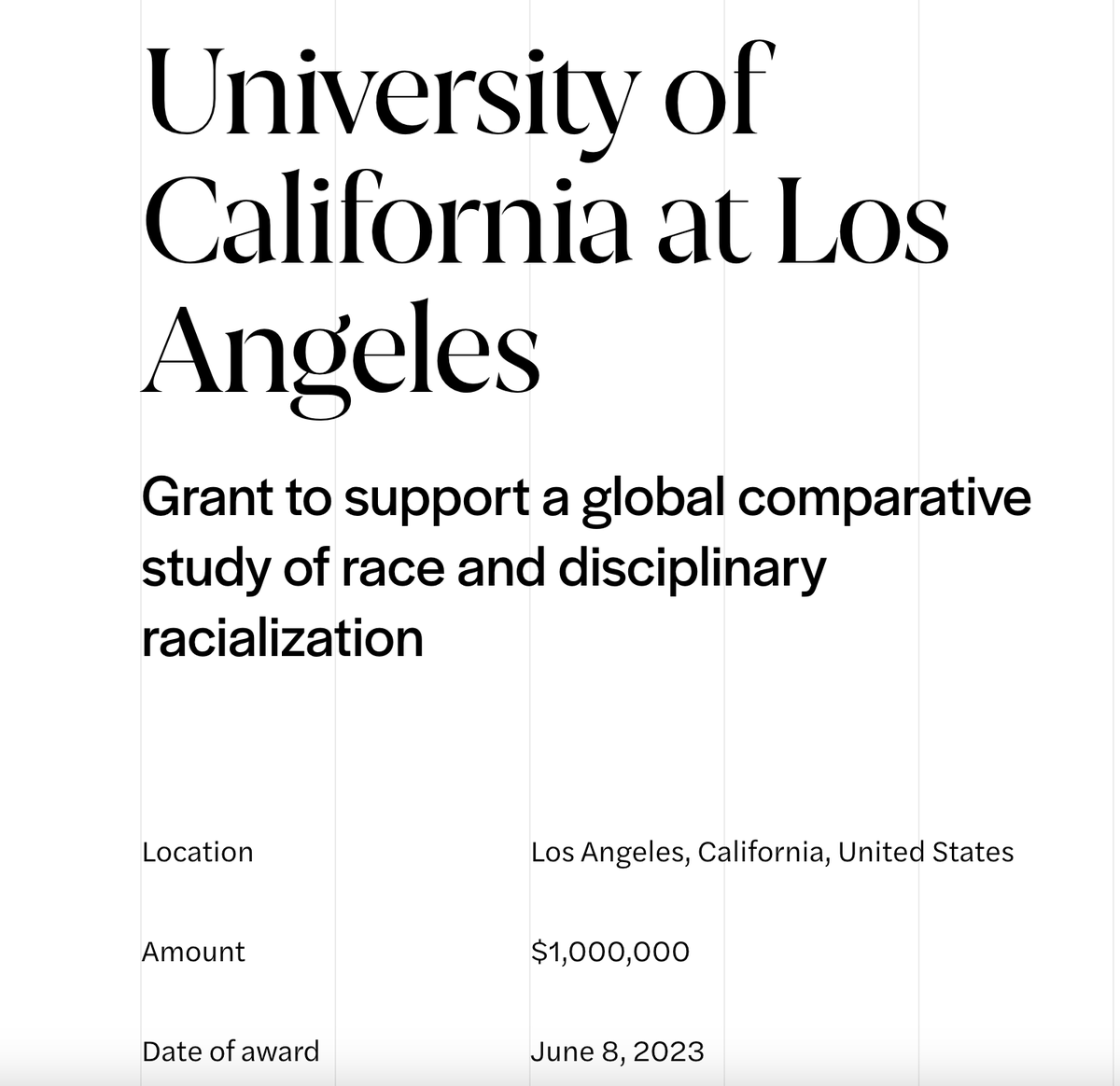

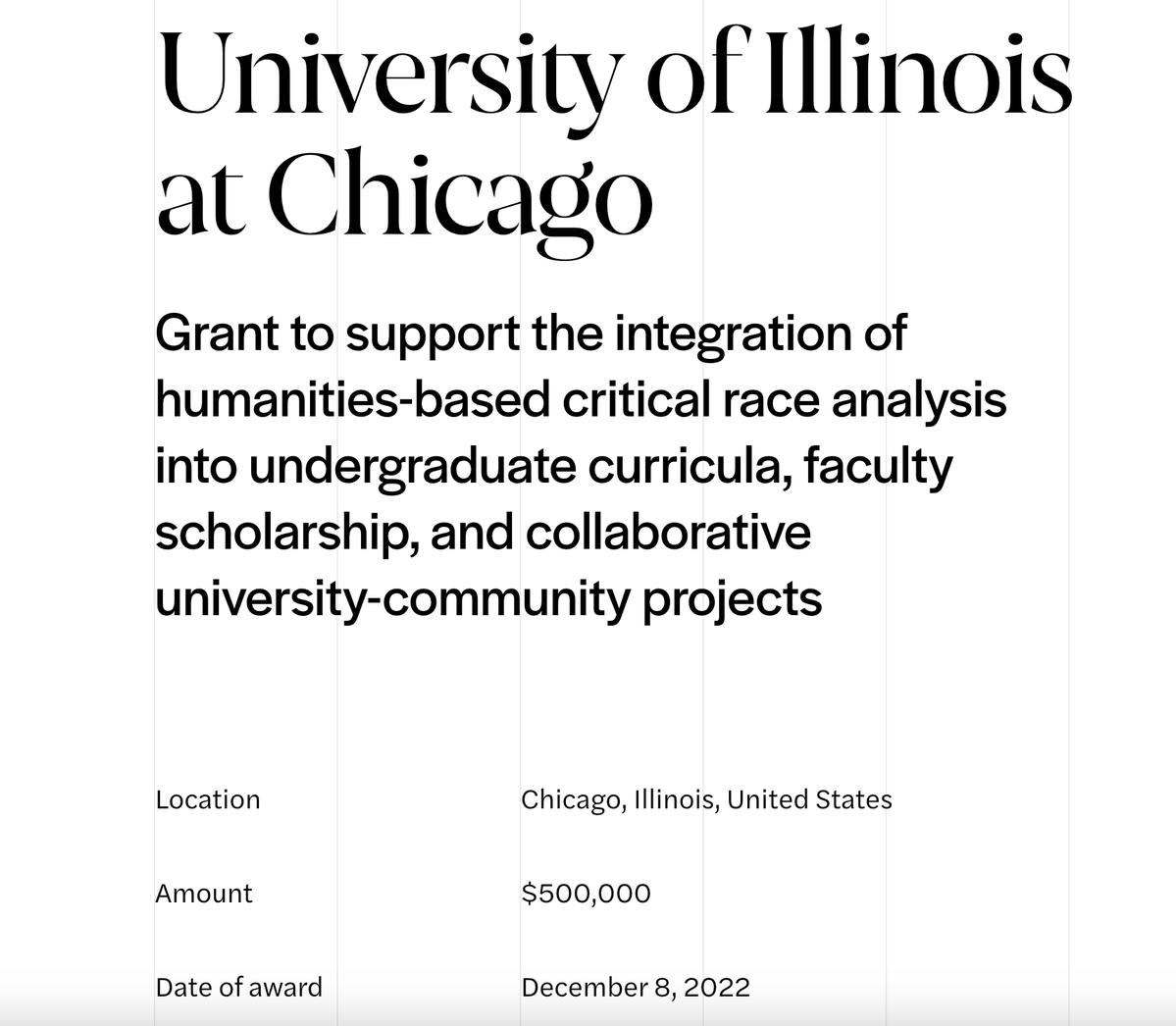
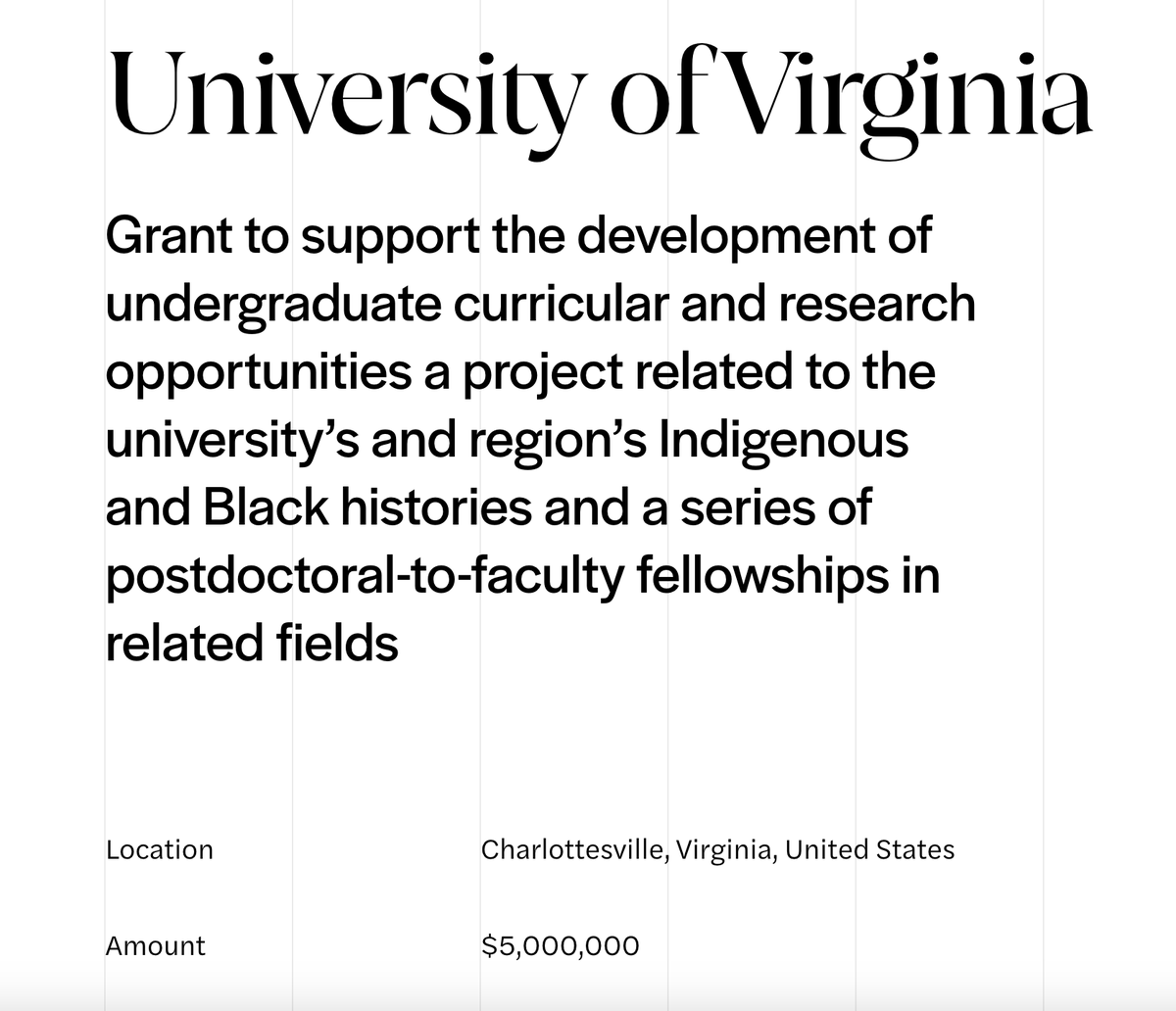 "Humanizing CRT," a $500k project at University of Illinois Chicago, seeks to "integrate... Critical Race Theory in the undergraduate curriculum."
"Humanizing CRT," a $500k project at University of Illinois Chicago, seeks to "integrate... Critical Race Theory in the undergraduate curriculum."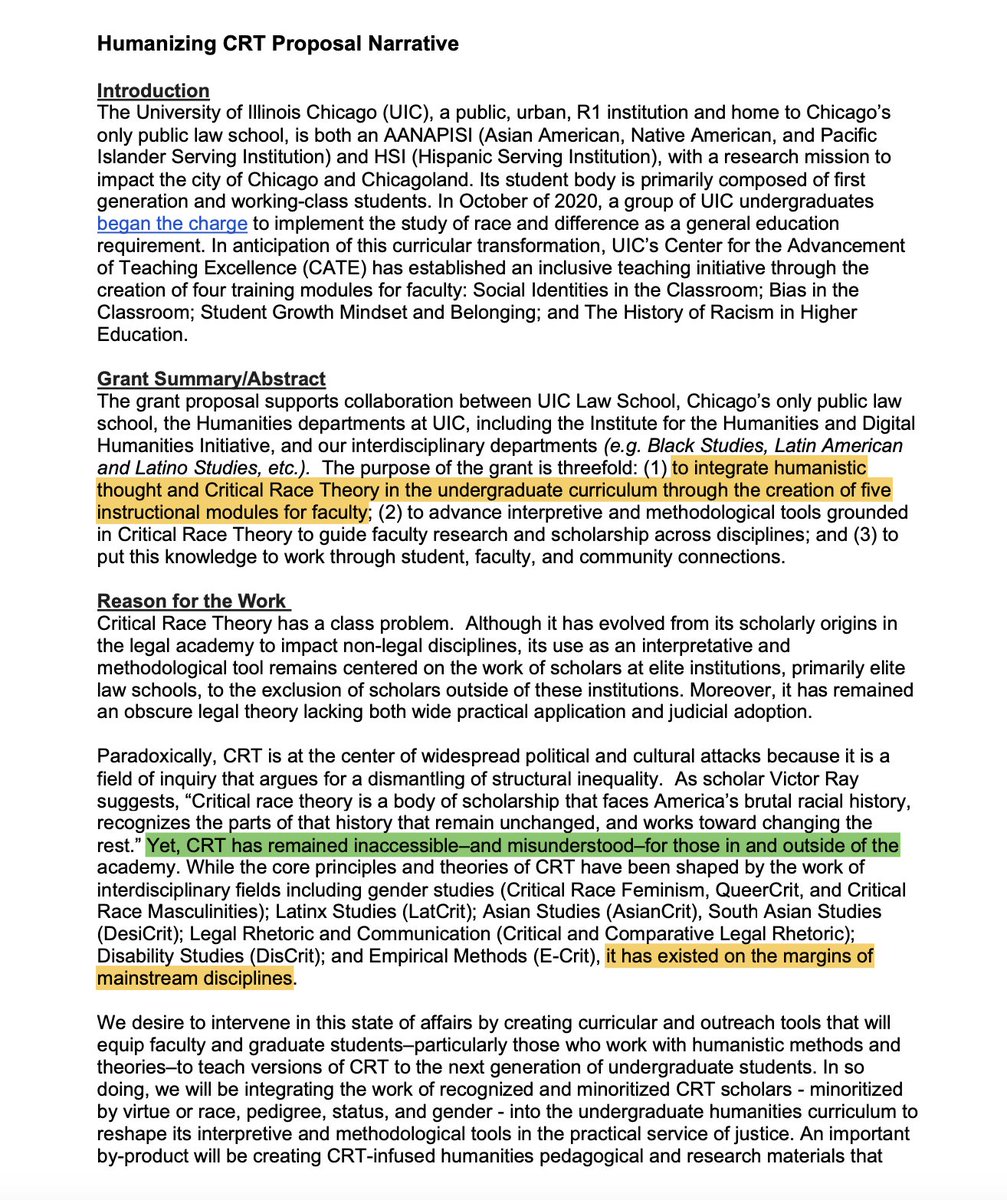
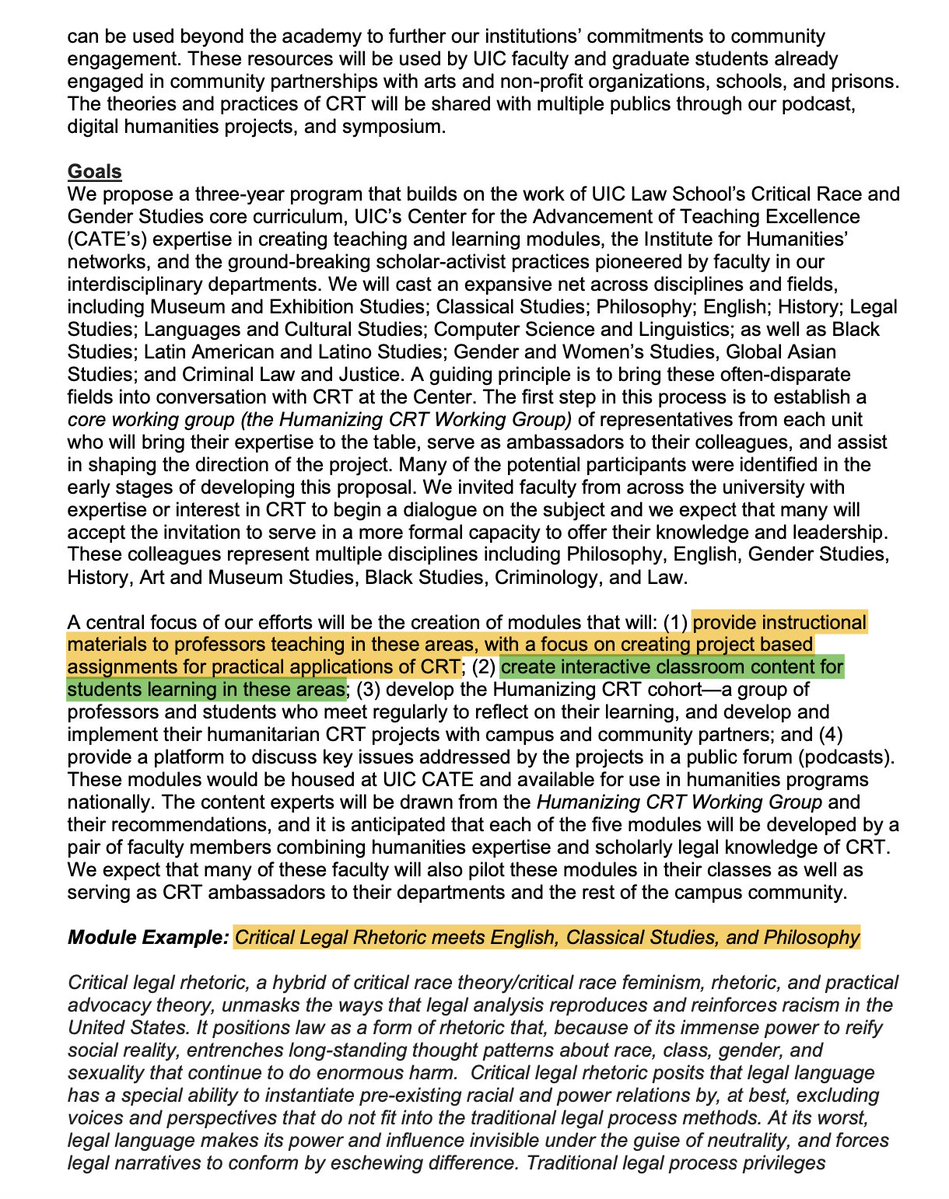
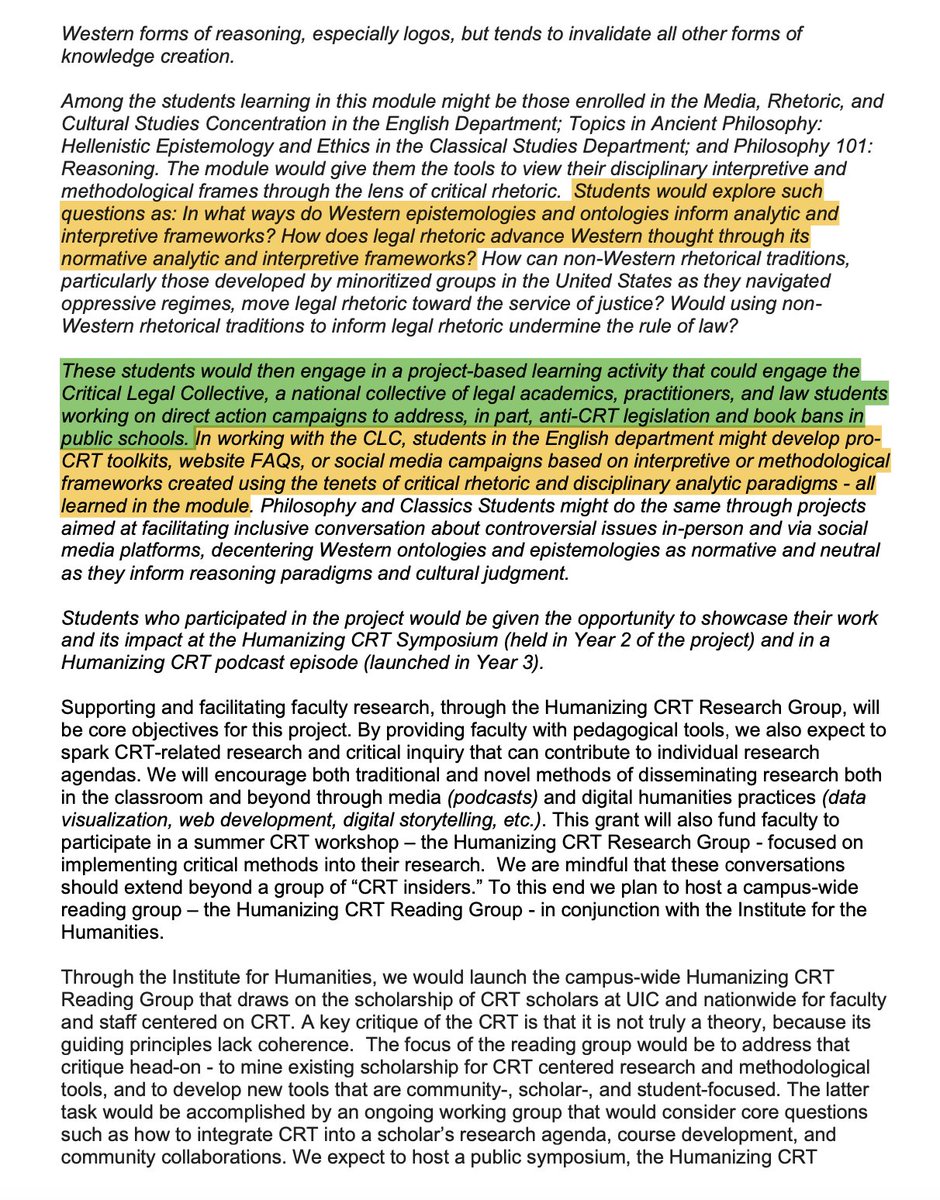

 The project's proposal lays out a simple rationale:
The project's proposal lays out a simple rationale: 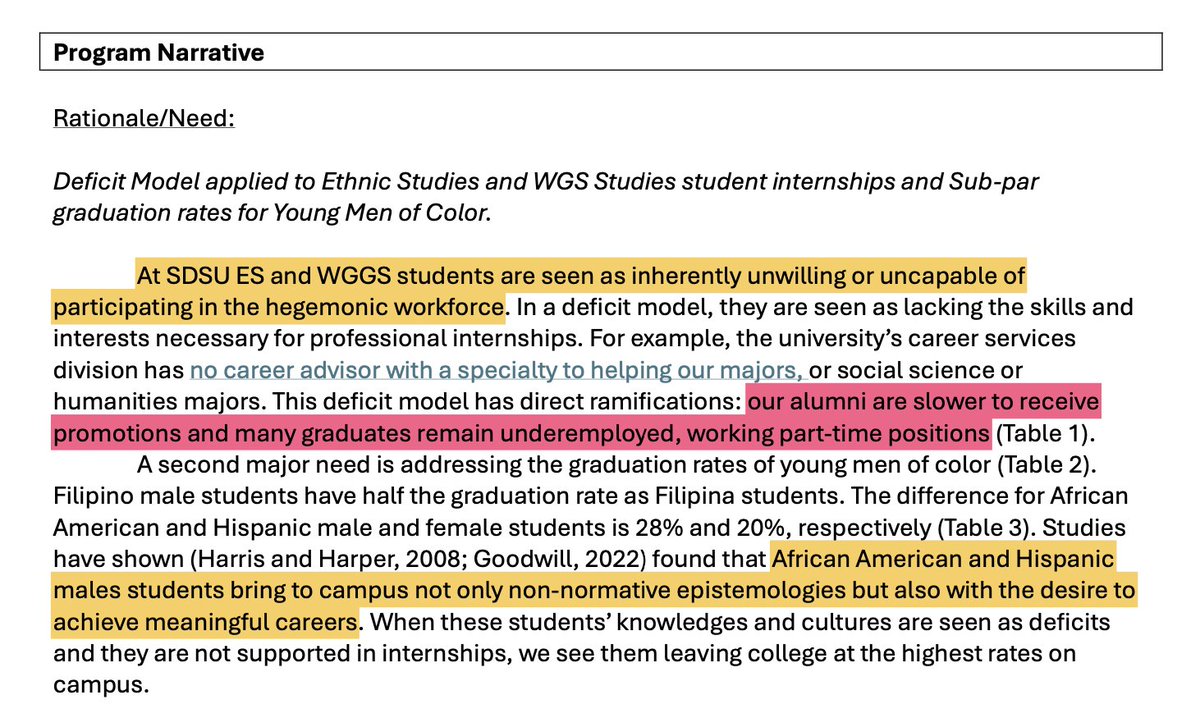
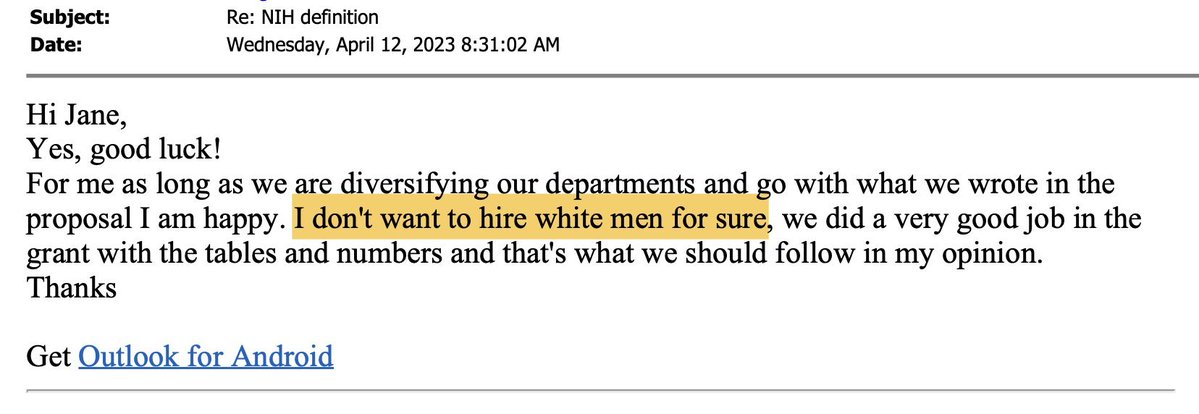
 Here's a search committee report from Ohio State saying: "We decided as a committee that diversity was just as important as perceived merit as we made our selection."
Here's a search committee report from Ohio State saying: "We decided as a committee that diversity was just as important as perceived merit as we made our selection." 

 In 2021, Ohio State’s then-president Kristina Johnson announced an initiative to hire 50 scholars focused on “social equity” and 100 “underrepresented and BIPOC” hires in all disciplines.
In 2021, Ohio State’s then-president Kristina Johnson announced an initiative to hire 50 scholars focused on “social equity” and 100 “underrepresented and BIPOC” hires in all disciplines.

 2/ The DOJ specifically highlights the use of racial proxies. Hiring on the basis of "cultural competence" or using diversity statements is unlawful if the purpose is to give an advantage to specific racial groups.
2/ The DOJ specifically highlights the use of racial proxies. Hiring on the basis of "cultural competence" or using diversity statements is unlawful if the purpose is to give an advantage to specific racial groups.

 For several years, these inclusive search plans were required for hiring in the College of Humanities and Social Sciences.
For several years, these inclusive search plans were required for hiring in the College of Humanities and Social Sciences.

 As I’ve previously reported, these checkpoints give administrators diversity-based veto power in hiring (see ⬇️⬇️⬇️ for examples).
As I’ve previously reported, these checkpoints give administrators diversity-based veto power in hiring (see ⬇️⬇️⬇️ for examples).




 In one email—acquired via a records request—UT Austin professor Carma Gorman asked diversity-dean John Yancey whether her search committee’s pool was sufficiently diverse to advance.
In one email—acquired via a records request—UT Austin professor Carma Gorman asked diversity-dean John Yancey whether her search committee’s pool was sufficiently diverse to advance.


 In 2021, Cornell received a $16 million NIH grant for the Cornell FIRST hiring program—aiming, in the proposal’s words, to "increase the number of minoritized faculty" at Cornell and beyond.
In 2021, Cornell received a $16 million NIH grant for the Cornell FIRST hiring program—aiming, in the proposal’s words, to "increase the number of minoritized faculty" at Cornell and beyond.

 For a cluster focused on the arts, a proposal declares that the new faculty will teach students to become "change agents," as art should aim to "challenge policies" which "perpetuate white supremacy."
For a cluster focused on the arts, a proposal declares that the new faculty will teach students to become "change agents," as art should aim to "challenge policies" which "perpetuate white supremacy." 


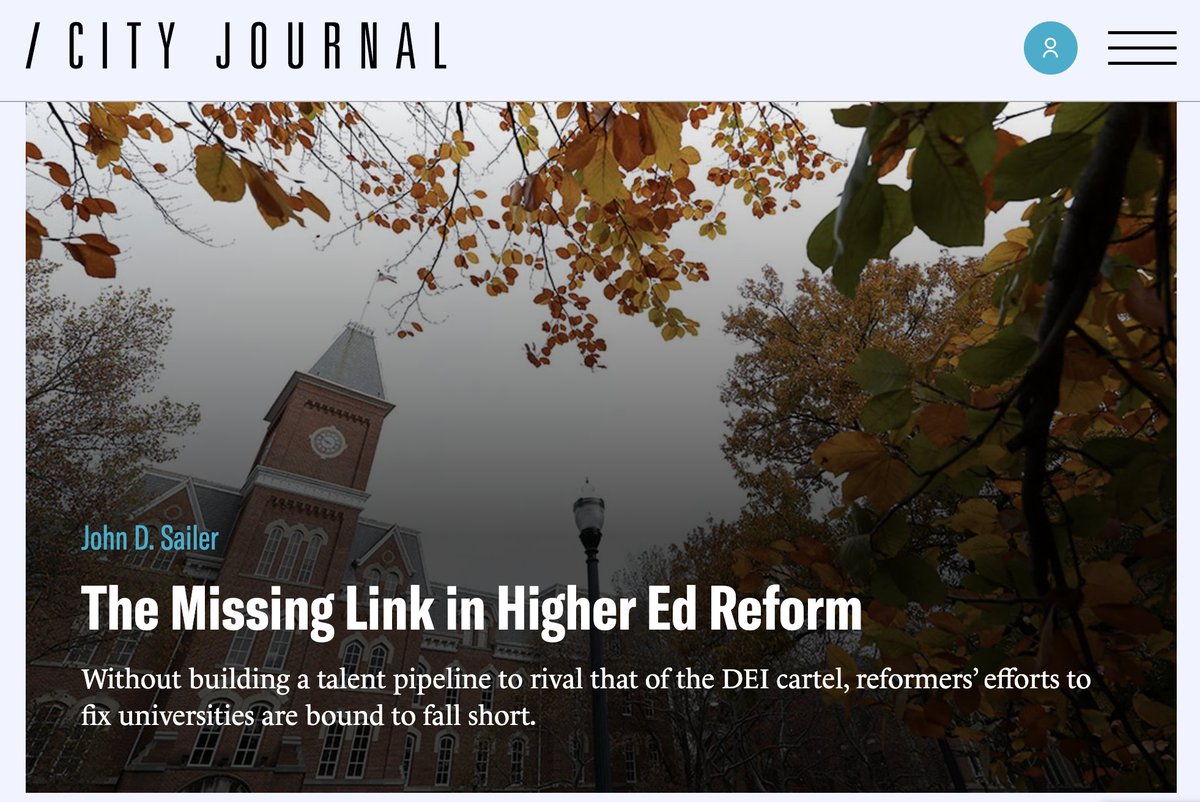
 2/ Universities have long provoked criticism. But acute mistrust is a recent trend. Ten years ago, 57% of Americans had high confidence in higher ed, and only 10% had “little or none.” Today, only 36% have high trust, and 32% have low-to-no confidence.
2/ Universities have long provoked criticism. But acute mistrust is a recent trend. Ten years ago, 57% of Americans had high confidence in higher ed, and only 10% had “little or none.” Today, only 36% have high trust, and 32% have low-to-no confidence.




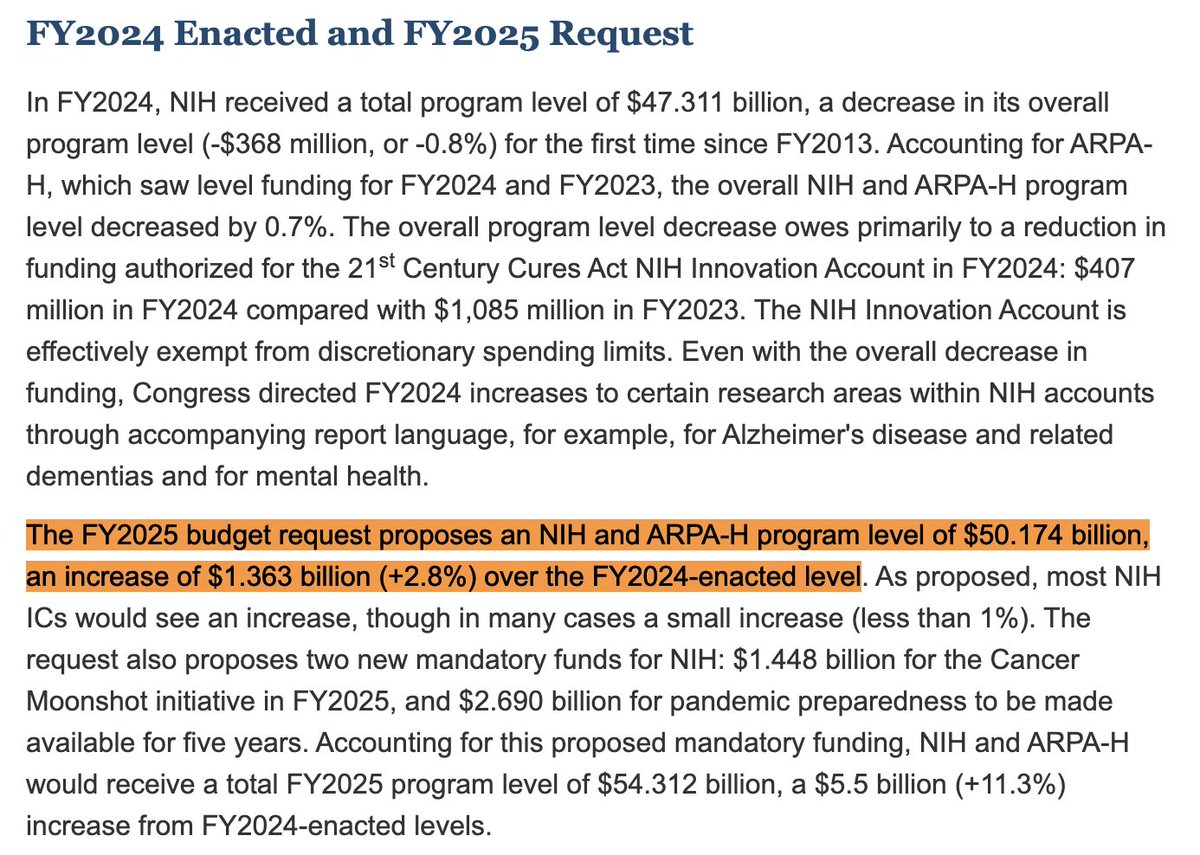

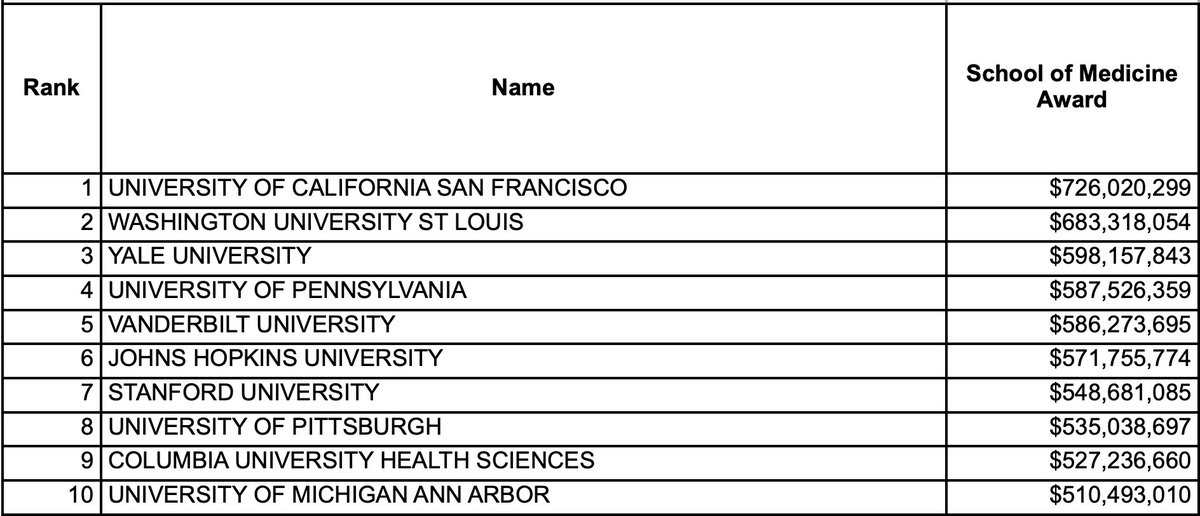
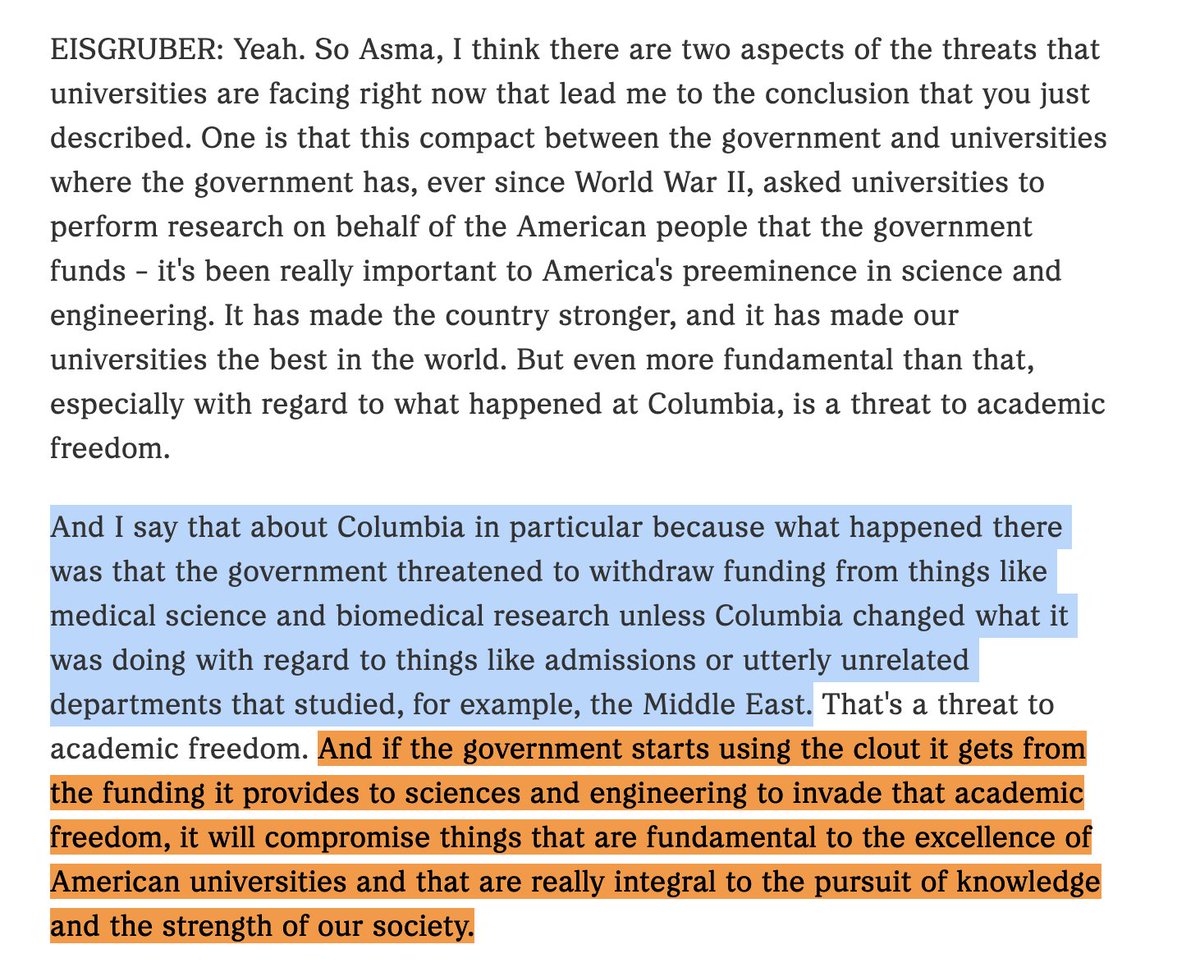
 The federal government constantly uses its funding “clout” to elicit university policies. Most recently, this has come in the form of heavy handed diversity requirements, which of course involves admissions policies.
The federal government constantly uses its funding “clout” to elicit university policies. Most recently, this has come in the form of heavy handed diversity requirements, which of course involves admissions policies.



 As an undergrad, Ridley was a Schomburg-Mellon Humanities Fellow, a diversity-focused research and mentoring program with a decent stipend.
As an undergrad, Ridley was a Schomburg-Mellon Humanities Fellow, a diversity-focused research and mentoring program with a decent stipend.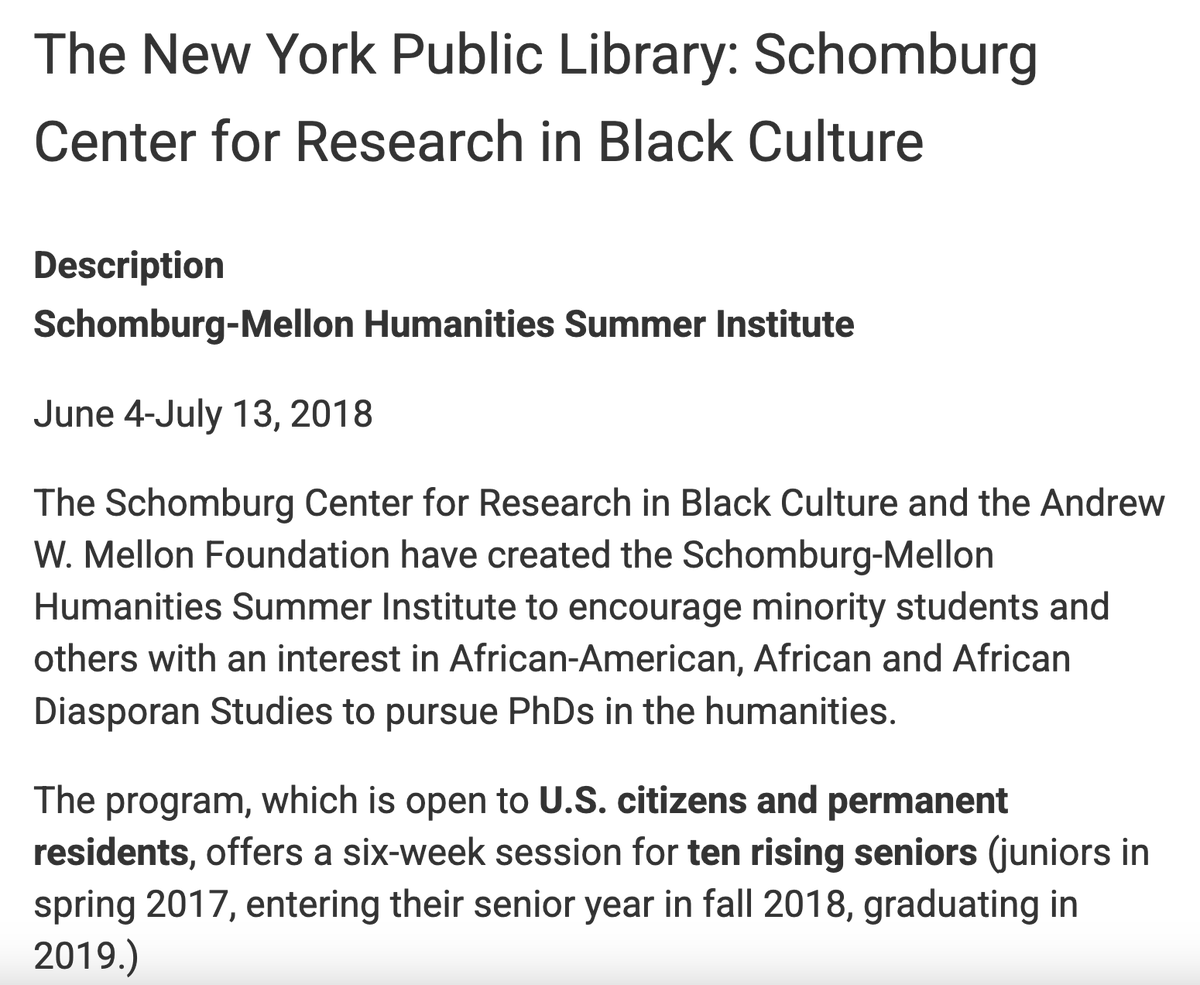


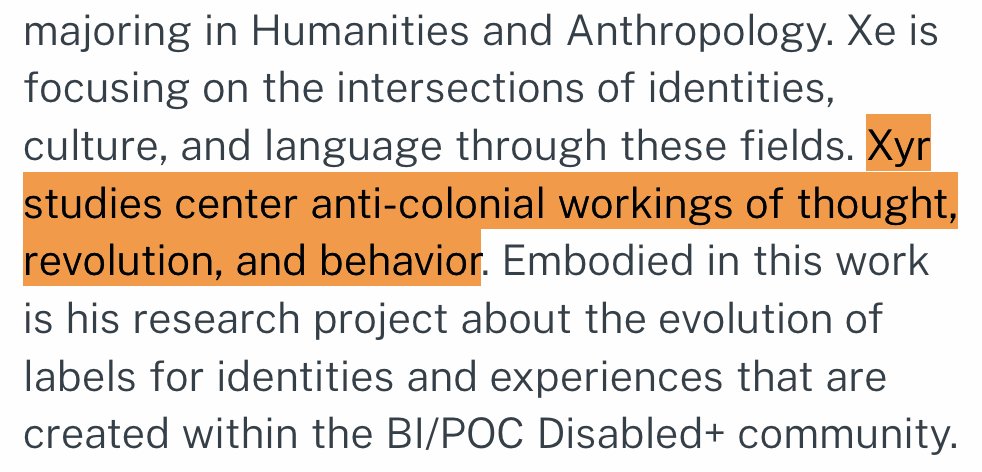

 2/ Andrew Mellon made his mark on American politics a century ago as Treasury secretary.
2/ Andrew Mellon made his mark on American politics a century ago as Treasury secretary.
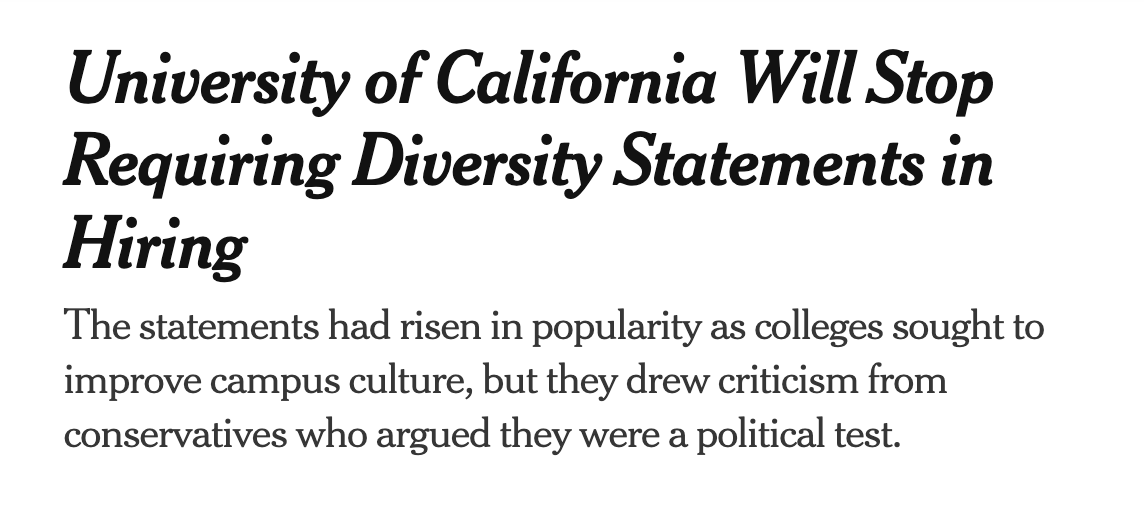
 For me, covering the policy underscored what you can accomplish through solid reporting.
For me, covering the policy underscored what you can accomplish through solid reporting.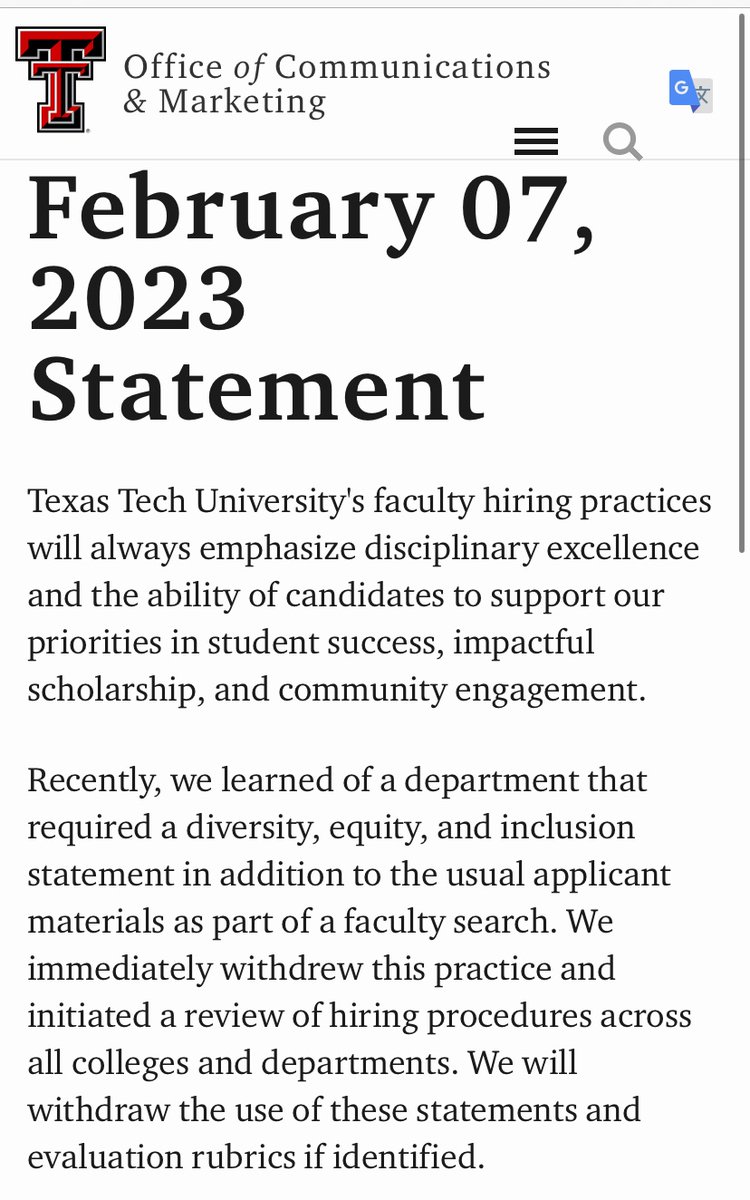





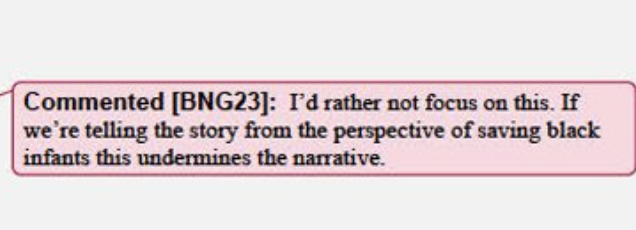 As I told @emilyakopp, the study illustrates a vicious cycle. Health equity research justifies DEI policies, which elicit more health equity research. Eventually, a bunk study might end up cited in a dissenting opinion for the country's highest court.
As I told @emilyakopp, the study illustrates a vicious cycle. Health equity research justifies DEI policies, which elicit more health equity research. Eventually, a bunk study might end up cited in a dissenting opinion for the country's highest court. 